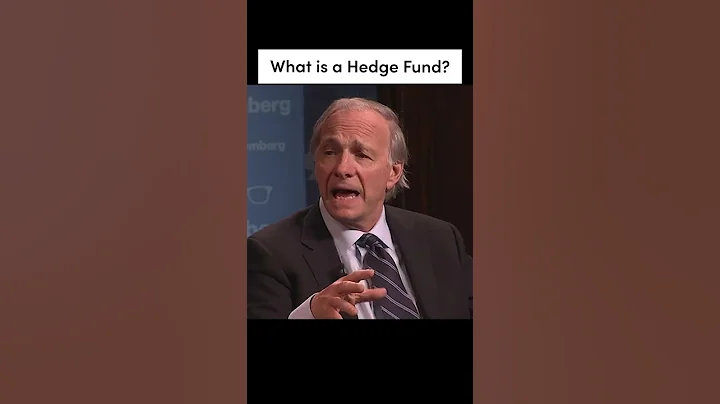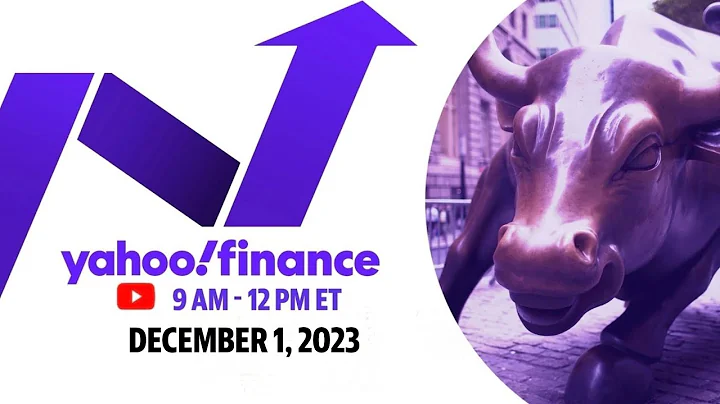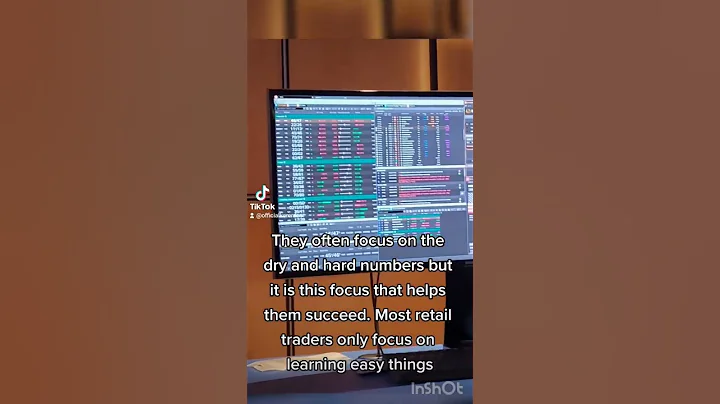Foreign Exchange Sky Eye APP News: Hedge funds last week sensed that oil prices were approaching a turning point and began to increase their long positions for the first time in more than two months, hoping that oil prices would rebound from unsustainable lows.

Overall, hedge funds and other money managers still sold the equivalent of 19 million barrels of net sales of the six most important oil-related futures and options contracts in the week ended March 31.
But according to position records released by ICEFutures Europe and the U.S. Commodity Futures Trading Commission (CFTC), these fund managers opened 40 million barrels of new long positions and 59 million barrels of new short positions. The size of
's new long position is the highest since before Christmas, and it is also the first time since the end of January that it has increased its long position.
Portfolio managers added more long positions in crude oil, with more West Texas Intermediate (WTI) on the New York Mercantile Exchange (NYMEX) and the Intercontinental Exchange (ICE) (up 33 million barrels), while Bland Special crude oil was less (an increase of 8 million barrels).
WTI and Brent crude oil prices are near multi-decade lows, while wellhead prices in Texas oil fields are even lower, with actual prices close to 40-year lows. From this point of view, oil prices are beginning to become unsustainable.
Both extremely high and extremely low oil prices are highly volatile and cannot be sustained for long periods of time because they force consumers and/or producers to make substantial and rapid adjustments.
The extremely high oil prices in 2008, 2011 and 2018, as well as the extremely low prices in 1986, 1998 and 2008, were each short-lived, generally lasting only a few weeks or months.
This time's extremely low oil prices have caused most U.S. shale oil producers to suffer losses, prompting the White House to put pressure on Saudi Arabia and Russia, urging the two countries to end their price war.
The rapid increase in crude oil and fuel oil inventories in the supply chain may further fill up oil storage space. The two major factors of ultra-low oil prices and storage space constraints will lead to production shutdowns.
By the end of last week, the White House used the word crazy to describe the actions of Russia and Saudi Arabia, calling on the two countries to reduce production, otherwise they would face retaliation including tariffs and other sanctions.
Senior U.S. government officials continue to liaise with their counterparts in Russia and Saudi Arabia to push for production cuts in both countries, while the U.S. government also meets with representatives of the country's oil industry.
At the beginning of last week, hedge fund short positions became very tight when they opened, with unusually large short positions concentrated in various oil products.
The ratio of long and short positions has fallen to its lowest level in the past six years. Such a one-sided position is usually the prelude to a sharp price reversal.
In the second half of last week, Brent crude oil surged more than $11/barrel (50%) under an unstoppable backlash as the United States exerted political pressure to push Russia and Saudi Arabia to start talks to end the price war.
Looking at positions, price risk has turned upward, with a large number of short positions to be covered at some point and very few long positions to be settled.
From a fundamental perspective, risks have also turned to the upside, with many oil producers operating at a loss, rigs idling and diplomatic pressure to end the price war mounting.
The collapse of global business activities and transportation caused by the new coronavirus epidemic, as well as the blockade measures in many places, will continue to have a serious impact on oil prices in the coming months.
But the industry appeared to have reached a crisis point last week, as there was intense commercial and political pressure to cut production quickly to prevent overstocking and plunging prices from losing money.





















